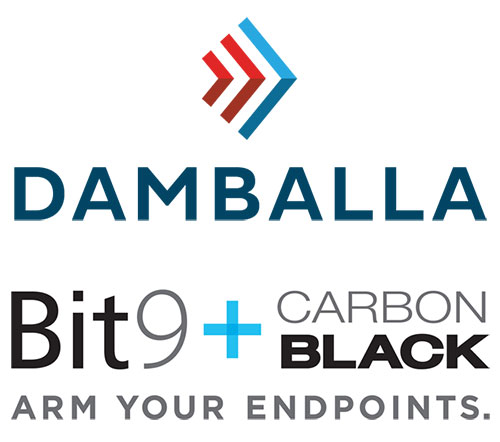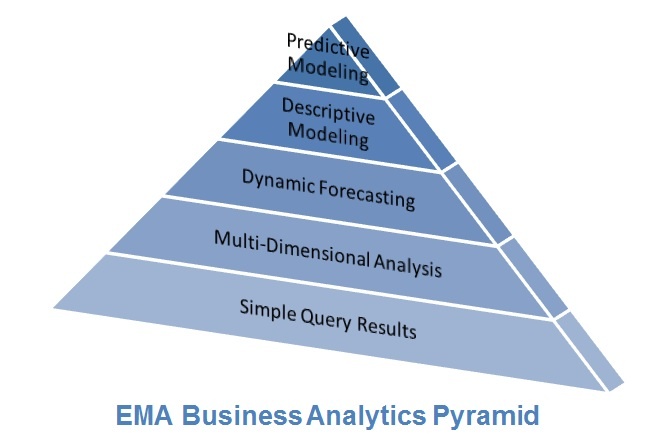Damballa and Bit9 + Carbon Black Collaborate to Deliver Better Security with More Context
By David Monahan on Oct 28, 2014 1:54:17 PM
Thoughts on Splunk .conf 2014
By David Monahan on Oct 24, 2014 10:43:42 AM
This week, Las Vegas hosted some 3500 people at the MGM Grand to mark Splunk .conf14, the annual user gathering for Splunk customers, referred to as “Splunkers”. For those of you not in the tech industry, spelunking, or the act of exploring caves, may come to mind. The theme of the conference was not cave exploration, but data exploration; however, the analogy of cave exploration actually aligns very well. “Splunkers” are diving into their data, delving deep into places that many have never explored before. Each of them finding new and cool ways to use the data that they have been collecting for years, just-in-case they ever needed it.
Return on Investment (ROI) of Data Science as a Service
By John Myers on Aug 18, 2014 10:31:56 AM
In skiing, the “black diamond” run or ski slope is often referred to as “high risk/high reward.” You receive lots of “reward” skiing the black diamond slopes, but you have a significant amount of “risk” associated with variable terrain, such as the presence of trees and the possibility of injury. However, the black diamond slopes are very fun to experience, and you can mitigate the risks with preparation, practice, and a really good skiing helmet.
Optimizing Change by Understanding Value
By Dennis Drogseth on Jul 31, 2014 1:29:02 PM
A little over a year ago, I got into a rather animated argument about whether IT could measure its performance by the “value” it delivered rather than by purely measuring “costs.” My dinner companion insisted that IT could now, always, and forever only be measured on costs. I disagreed. In fact I had just planned [...]
Why Data Analytics as a Service?
By John Myers on Jul 14, 2014 9:39:14 AM
Waaay back in the day (say 2002), organizations would ask themselves:
Prioritizing Workloads – Deciding What’s Hot and What’s Not
By Steve Brasen on Jul 7, 2014 8:57:40 AM
If you are an IT manager, have you ever found yourself stuck in the uncomfortable position of having to choose which jobs are given priority access to essential computing resources? Most likely you have as this is not an uncommon problem. Expecting them to invoke the Wisdom of Solomon, enterprises often bestow the power to decide the workload hierarchy on IT operations. But as most IT managers will tell you, this responsibility is typically more of a curse than a blessing.
Why Advanced Operational Analytics (AOA) is NOT for 20 men or women in white lab coats!
By Dennis Drogseth on Jul 1, 2014 7:34:25 PM
You may have noticed that Advanced Operational Analytics is a topic of ongoing interest for blogs and commentary here at EMA, and I suppose this is especially true for me. In a recent blog focusing on “Transformative Use Cases from EMA Research” we looked at using the modular values of AOA to address everything from [...]
Why Optimizing your Cloud Service Provider(s)—is Still an Industry Work in Progress
By Dennis Drogseth on Jun 23, 2014 1:28:48 PM
A year ago, EMA did some rather eye-opening research about what it takes to deliver business services over a mix of public and private, and non-cloud infrastructures. The research—dubbed “Ecosystem Cloud”—showed that an overwhelming 94% of the respondents felt that monitoring “inside” public cloud infrastructures was important—and 63% felt it was “very important” or “critical.” [...]
Workload Automation is Not Just For Large Enterprises Anymore
By Steve Brasen on Jun 12, 2014 11:16:50 AM
The term, “workload automation,” often conjures images of an army of robots zipping around an enterprise performing arduous tasks while the IT manager sits comfortably in a lounge chair at the back of the data center sipping a Mai Tai. Well, it’s not quite that Jetsonesque just yet – we’ll have to wait a few years for the robots and Mai Tais – but there is a fundamental truth in how workload automation dramatically reduces management effort and improves IT performance. Put simply, workload automation (sometimes still referred to as “job scheduling”) aggregates the placement and execution of individual business processes (i.e. applications, data bases, web services, or any other jobs that would be hosted by an enterprise IT system) to the optimal location (e.g. a server, a cloud, or a virtual machine) at the appropriate time to maximize performance and minimize costs.
Top 5 Indications It’s Time to Transition to a Hybrid Cloud
By Steve Brasen on Jun 11, 2014 1:07:21 PM
A core precept in cloud computing is that it must deliver the illusion of infinite scalability. That is, it must fulfill the expectation that any and all workloads will continuously operate at peak performance regardless of the size and number of jobs being added. In reality, however, private cloud deployments are finite with limited compute, storage, and network resources. It’s kind of like a room full of mirrors – it seems to go on forever, but stretch your hand out and you’ll hit a wall. The trick to successfully maintaining the illusion of infinite scalability is to allow workloads to extend beyond the scope of a single private cloud into other clouds and, in particular, into public clouds. Adopting this hybrid cloud approach also introduces opportunities for significant cost reductions and increased workload flexibility.




